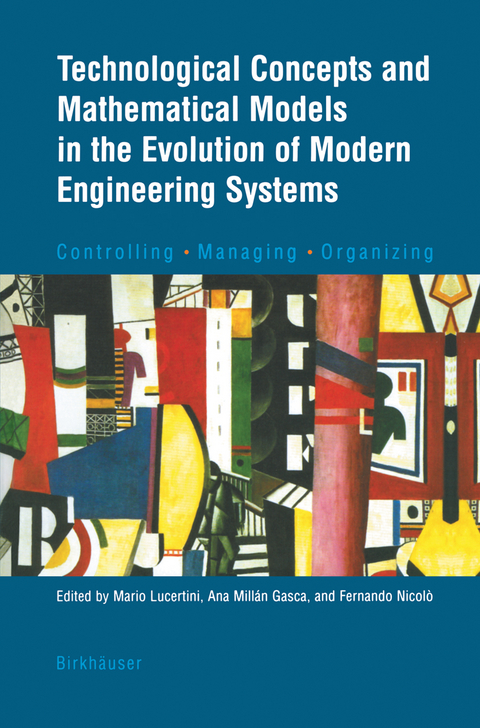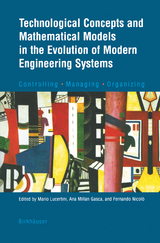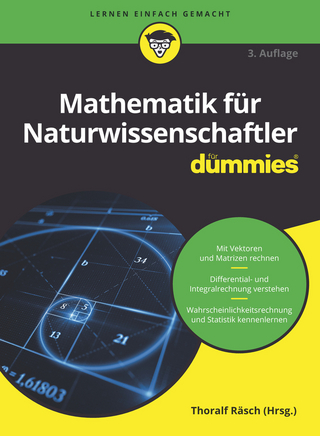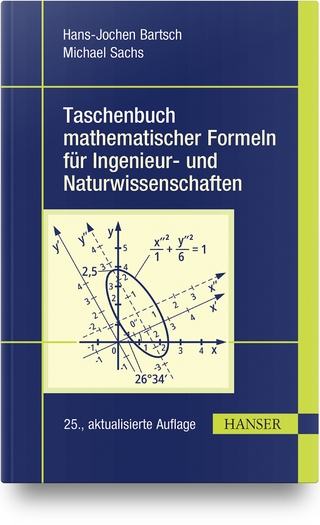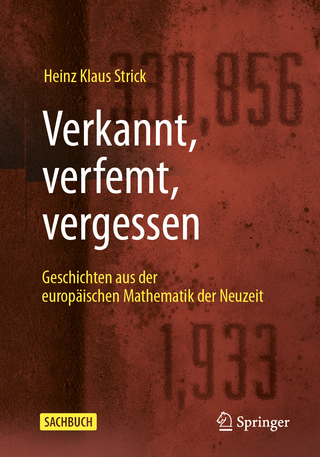Technological Concepts and Mathematical Models in the Evolution of Modern Engineering Systems
Springer Basel (Verlag)
978-3-7643-6940-8 (ISBN)
I Mathematical Methods and Technological Thought: Historical Aspects.- 1 Mathematical Methods in Preindustrial Technology and Machines.- 2 Organization and Mathematics: A Look into the Prehistory of Industrial Engineering Ana Millön Gasca.- 3 Technological Innovation and New Mathematics: van der Pol and the Birth of Nonlinear Dynamics.- 4 Trasferring Formal and Mathematical Tools from War Management to Political, Technological, and Social Intervention (1940-1960).- II Technological Knowledge and Mathematical Models in the Analysis, Planning, and Control of Modern Engineering Systems.- 5 Technological Concepts and Mathematical Models in the Evolution of Control Engineering.- 6 Feedback: A Technique and a "Tool for Thought".- 7 Adequacy of Mathematical Models in Control Theory, Physics, and Environmental Science.- 8 The Development of Systems Science: Concepts of Knowledge as Seen from the Western and Eastern Perspective.- 9 Coping With Complexity in the Management of Organized Systems.- Index of Names.- Authors.
| Erscheint lt. Verlag | 27.11.2003 |
|---|---|
| Zusatzinfo | XVII, 246 p. |
| Verlagsort | Basel |
| Sprache | englisch |
| Maße | 155 x 235 mm |
| Gewicht | 735 g |
| Themenwelt | Mathematik / Informatik ► Mathematik ► Allgemeines / Lexika |
| Mathematik / Informatik ► Mathematik ► Angewandte Mathematik | |
| Mathematik / Informatik ► Mathematik ► Geschichte der Mathematik | |
| Technik ► Maschinenbau | |
| Schlagworte | Calculus • control engineering • History of Mathematics • Mathematics • Mathematikgeschichte • Nonlinear Dynamics • Technologie |
| ISBN-10 | 3-7643-6940-X / 376436940X |
| ISBN-13 | 978-3-7643-6940-8 / 9783764369408 |
| Zustand | Neuware |
| Informationen gemäß Produktsicherheitsverordnung (GPSR) | |
| Haben Sie eine Frage zum Produkt? |
aus dem Bereich
